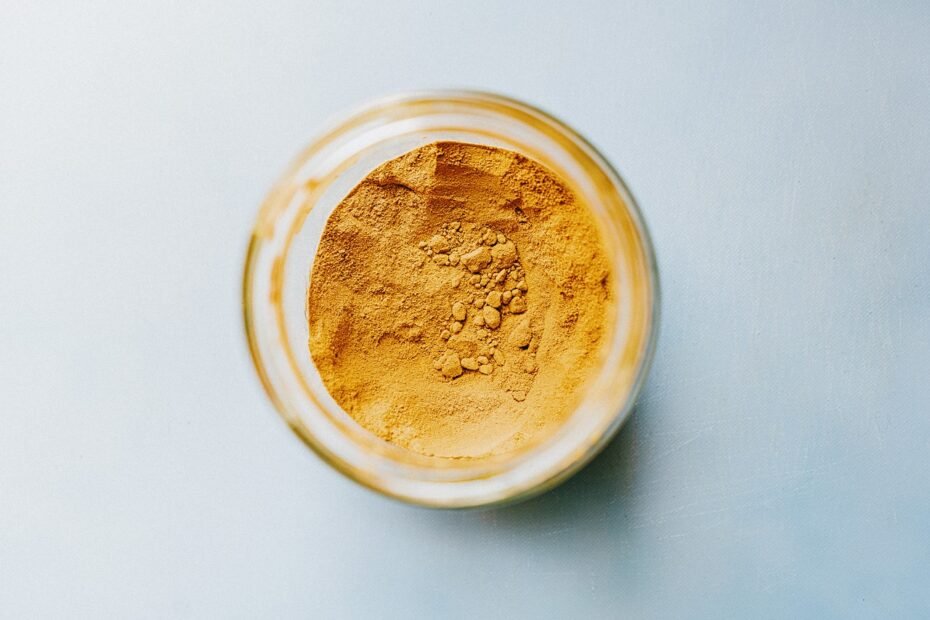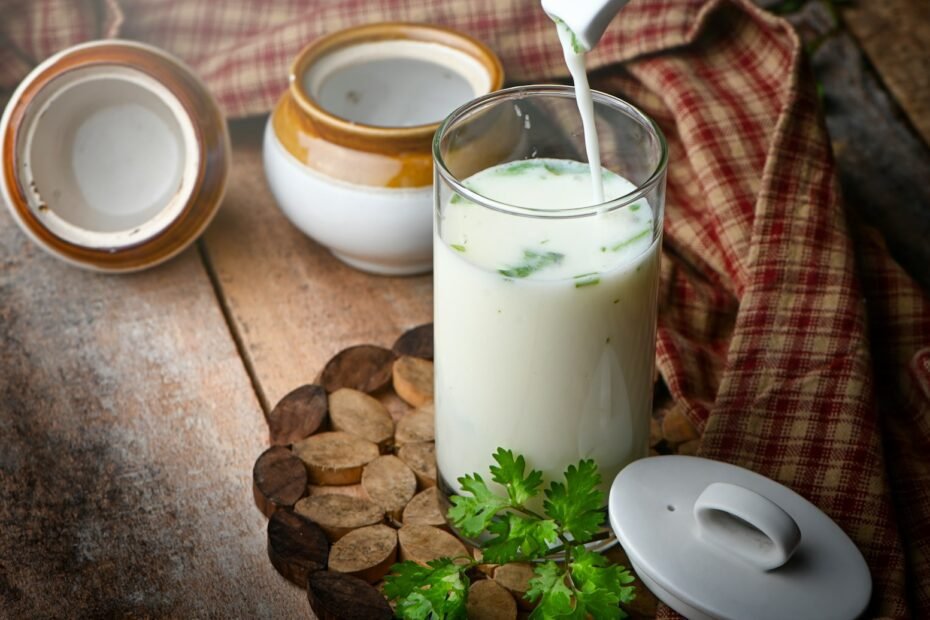Acne is a common skin condition that affects millions of people worldwide. Usually popping up during teenage years, it can persist well into adulthood. Many look for natural remedies to help manage or reduce their acne. Among these natural remedies, black pepper and turmeric frequently come up as potential solutions. But which one is better for acne? Let’s dive into their unique properties and potential benefits for acne-prone skin.
Black Pepper: The Piperine Powerhouse
Black pepper, often called the king of spices, has been used for centuries not only in cooking but also in traditional medicine. The active component in black pepper is piperine. Piperine is believed to have several health benefits, including anti-inflammatory and antioxidant properties.
When it comes to acne, inflammation is a major culprit. The anti-inflammatory properties of black pepper help in reducing the redness and swelling associated with acne. Additionally, antioxidants combat the oxidative stress that can exacerbate acne. While there are no direct studies linking black pepper to acne treatment, its general health benefits suggest it could have a positive impact.
Turmeric: The Golden Healer
Turmeric is another spice with a long history of medicinal use, especially in Ayurvedic and traditional Chinese medicine. The active compound in turmeric is curcumin, well-known for its strong anti-inflammatory and antibacterial properties.
Curcumin has been studied extensively, and many of these studies suggest it can be beneficial for skin conditions, including acne. Its anti-inflammatory properties help reduce the inflammation that comes with acne, while its antibacterial properties combat acne-causing bacteria. Research shows that turmeric can help in reducing acne lesions more effectively than some over-the-counter treatments.
Black Pepper and Turmeric Combo?
An interesting fact is that black pepper and turmeric are often used together in traditional remedies. Piperine in black pepper enhances the absorption of curcumin in turmeric, potentially increasing its efficacy. This synergy can make the combination more potent in combating acne symptoms.
However, when using these spices together or separately, it’s essential to consider the individual’s skin type and reactions. Allergies or sensitivities can sometimes occur, so always be cautious.
Scientific Evidence and Research
While traditional and anecdotal evidence strongly supports the use of both black pepper and turmeric for skin health, scientific studies offer more concrete insights. For black pepper, research mainly highlights its piperine component’s health benefits, though direct studies on its effect on acne are limited.
On the other hand, turmeric has a wealth of studies backing its effectiveness against acne. A 2013 study published in the journal “Phytotherapy Research” indicated that curcumin combined with lauric acid is particularly effective against Propionibacterium acnes, the bacteria responsible for acne.
Application and Use
First and foremost, it’s essential to note that while these spices can be beneficial, they should be used wisely. Their application methods vary widely, and several factors including concentration, skin type, and frequency of use should be considered. Consulting a healthcare professional before starting any new treatment is always recommended.
Comparative Analysis
When comparing black pepper and turmeric for acne, several factors come into play. Turmeric stands out due to its extensive research and proven effectiveness in treating acne. Its anti-inflammatory and antibacterial properties directly address the factors causing acne. Black pepper, while beneficial for its anti-inflammatory and antioxidant properties, may not be as targeted in treating acne as turmeric. But, its role in enhancing curcumin absorption makes it a valuable companion to turmeric.
Conclusion
In the battle between black pepper and turmeric for acne treatment, turmeric takes the lead. Its well-documented benefits and specific actions against acne-causing factors make it the preferred choice. However, black pepper should not be entirely discounted due to its synergistic potential when used with turmeric and its general skin health benefits.
Both spices, with their time-tested uses and potential health benefits, offer natural avenues for managing acne. As always, individual experiences may vary, and what works best for one person may not be as effective for another.
Sources
1. Pazyar, N., Feily, A., & Yaghoobi, R. (2013). An Overview of Plant-Derived Compounds as Potential Antioxidant and Anti-inflammatory Agents in Dermatology. Journal of Cutaneous and Aesthetic Surgery.
2. Baldwin, H. E. (2012). Tricks for Improving Compliance with Acne Therapy. Dermatologic Therapy.
3. Chainani-Wu, N. (2003). Safety and Anti-inflammatory Activity of Curcumin: A Component of Turmeric (Curcuma longa). Journal of Alternative and Complementary Medicine.


